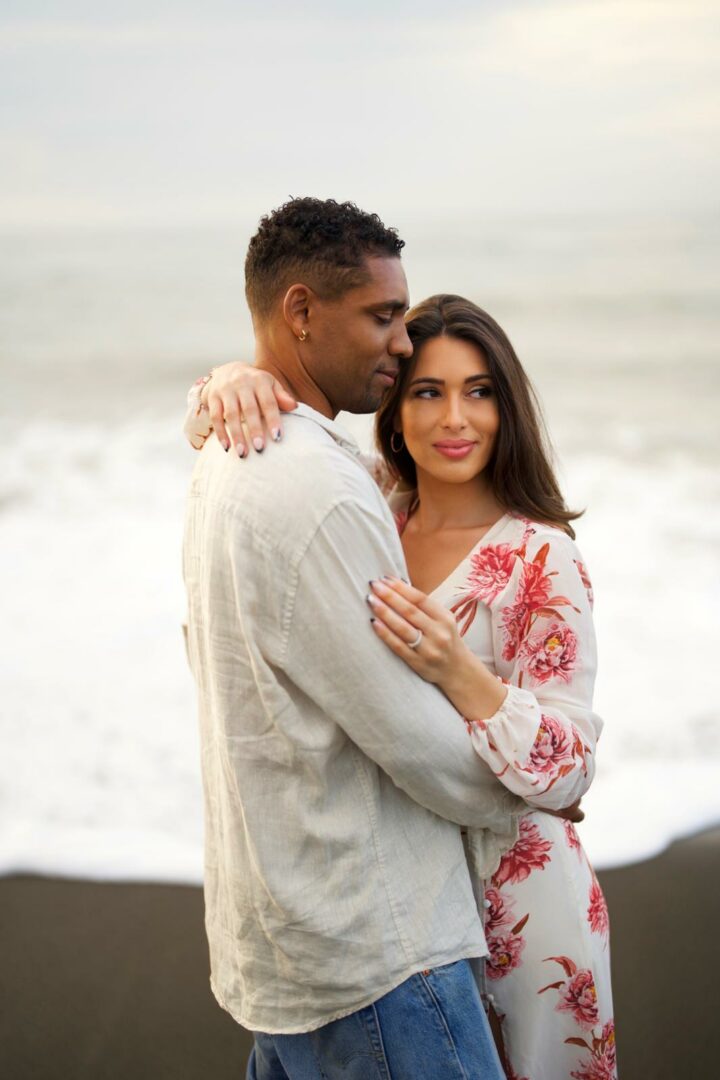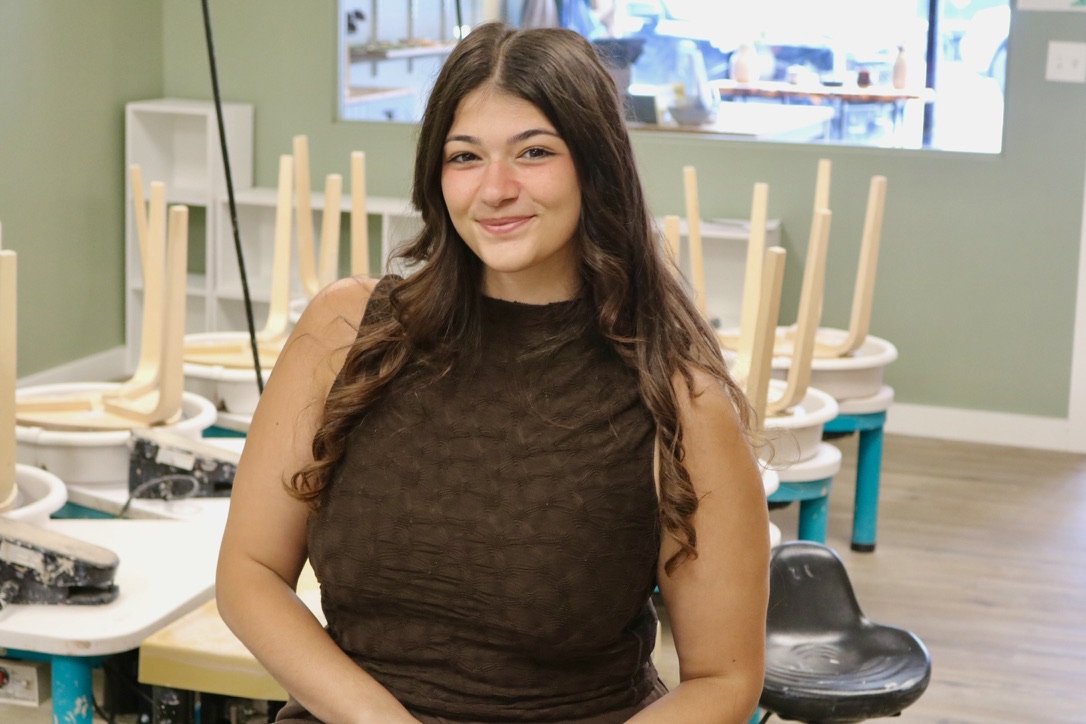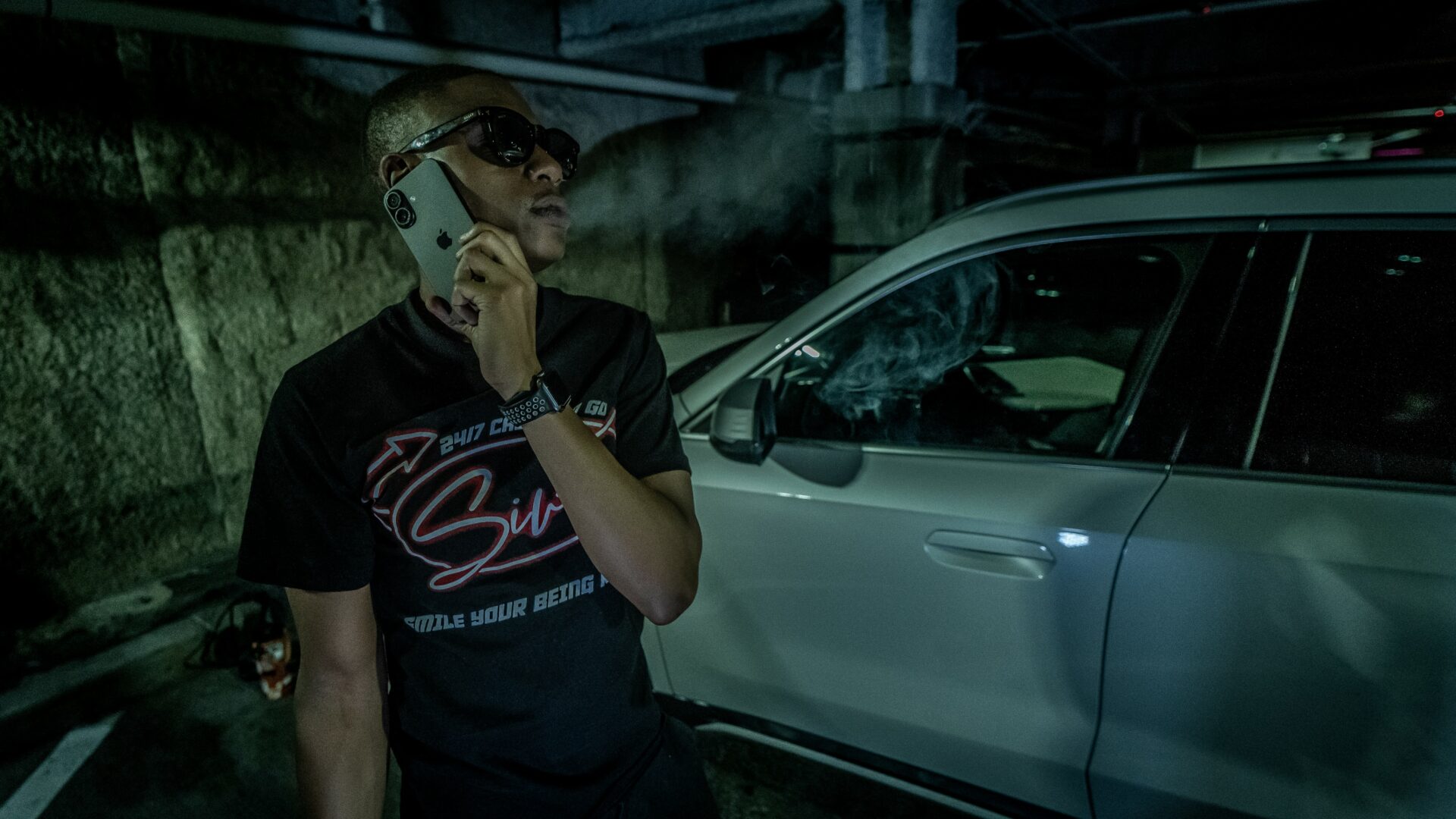We recently connected with Paul Eo and have shared our conversation below.
Paul, so many exciting things to discuss, we can’t wait. Thanks for joining us and we appreciate you sharing your wisdom with our readers. So, maybe we can start by discussing optimism and where your optimism comes from?
It’s funny you ask. My wife says, “I don’t consider you an optimist, but you DO like optimism.” Our therapist says that I’ve learned to self-soothe with optimism (is that good or bad?). However, this wasn’t always the case. In my youth, I was told that I was more of a pessimist. My family would say, “Stop complaining!” and my friends would say, “You gripe too much.” I didn’t want to be known as the guy who always complained, so I took that feedback to heart. Initially, I would just hold in all my complaints. This went against my nature and felt heavy on my shoulders. To rid myself of this heaviness, I had to reframe how I viewed life. Not just my life, but the world around me. I had to start looking at life for its joys instead of its miseries. I had to see the glass as half full. Every day, I reminded myself, “This person might be having a terrible day.” I had to make it make sense—and it did. It made sense that someone could have a bad day while I’m having the best day of my life.This reframe was working! People liked the new me, and it was getting easier every day. But that was in my twenties. Now I’m 36 (almost 37) and jaded.
Every day, we wake up to the weight of the whole world, sitting heavily in the palm of our hand. So how do I stay positive when the world seems to be on fire? It’s harder to see the cup as half full when it sure seems mostly empty. At least that’s what all the media outlets preach. So instead of searching for things that empty my cup, I search for what brings me joy: surfing, foraging, photography, videography, cycling, hiking, etc. I stay informed just enough to carry a conversation, but not enough to have an argument. Grey areas exist, and that’s where I try to exist.
I’ve learned that to stay optimistic, I start by NOT taking on all of the world’s problems via social media. I focus more on my relationships and my community. Focusing on that instead of the whole world allows me to protect my peace. I can make a difference in my own life and in the lives of those closest to me, and hope that it trickles up. When all else fails, I put my phone down and go fill my cup in nature—usually surfing. My new motto for my thirties, “Go do fun things with fun people despite our differences and hope to learn something along the way!”


Thanks for sharing that. So, before we get any further into our conversation, can you tell our readers a bit about yourself and what you’re working on?
Over the past year, I’ve been putting a lot of energy into growing my YouTube channel—Paul Eo (formerly Paulzeye Surfboards). I share everything from shaping custom surfboards to my adventures around the Pacific Northwest. I decided to rebrand the channel to my own name so I could step outside the surfboard niche and create content that reflects all the things I’m passionate about. It’s been such a creative outlet for me, and I’ve loved connecting with others who share that same passion.
I’ve also had the chance to meet some awesome local creators and team up for some adventures. If you’re into that sort of thing, or if you’re looking for a new surfboard, come say hi! You can find me on YouTube under Paul Eo or on Instagram @PaulzeyeSurfboards. Let’s connect!


If you had to pick three qualities that are most important to develop, which three would you say matter most?
Looking back:
I’d like to give a shout-out to my high school automotive and woodshop classes. At the time, I didn’t realize it, but learning to use tools that could literally take your arm off really builds a certain type of confidence. I’ve carried this confidence into other aspects of my life. My wife thinks I take too many risks (calculated, in my opinion).
Another impactful moment—though subtle—was learning about self-efficacy, agency, and intrinsic vs. extrinsic motivation in one of my exercise science classes in my mid-twenties. This really struck a chord with me. It’s a simple concept, but it can easily be overlooked if it’s not explicitly taught. I had just gotten out of the Marines, and even after enduring boot camp and four years in the military, it wasn’t until this class that I started applying these concepts to my life. Putting a label on these concepts helped me better apply them.
Lastly, I believe my ability to “go with the flow” and not try to control things that are beyond my control has helped me become a less anxious person. Don’t get me wrong, I still have moments of anxiety, but those are usually warranted (in my opinion).
The best advice I can give is to be open to new experiences, take risks, control what you can, let go of what you can’t, and always keep learning. It brings a sense of gratitude and reignites the child in you. Also, it’s okay if someone else has a different political view than you—doesn’t automatically make them a bad person.


What was the most impactful thing your parents did for you?
My parents immigrated to America from South Korea, bringing with them a tireless work ethic that shaped my upbringing. My mom worked in a factory, where her Spanish was far better than her English, and my dad joined her there after leaving his job at a machining shop. They both took on labor-intensive jobs, and my brother and I were often right there with them.
Though I don’t work the traditional 9-to-5, I find myself going into a kind of trance when I take on a project. I can lose track of time, often neglecting food and water. My parents taught me to do hard things by making me do hard things. Whenever I complained, they made sure I understood that my life wasn’t as hard as theirs (something that every generation seems to tell their kids). Now that I’m older, I’m grateful for that lesson and for their unwavering dedication to providing my brother and me with the chance for a better future. Thanks, Mom and Dad.
Contact Info:
- Instagram: @paulzeye / @paulzeye surfboards
- Youtube: https://www.youtube.com/@paul_s-eo


so if you or someone you know deserves recognition please let us know here.




